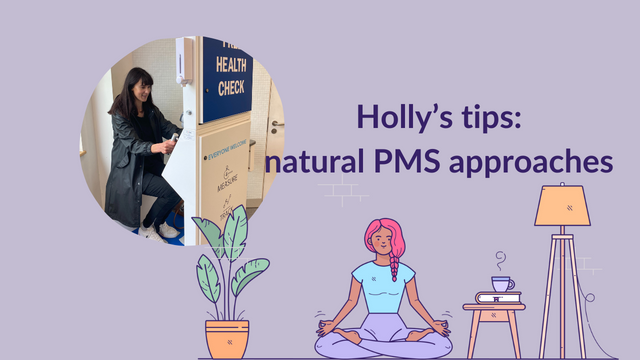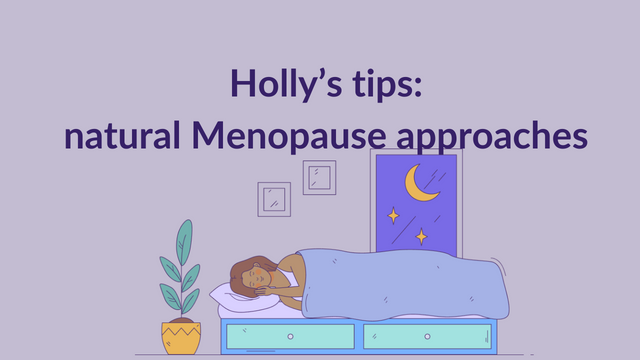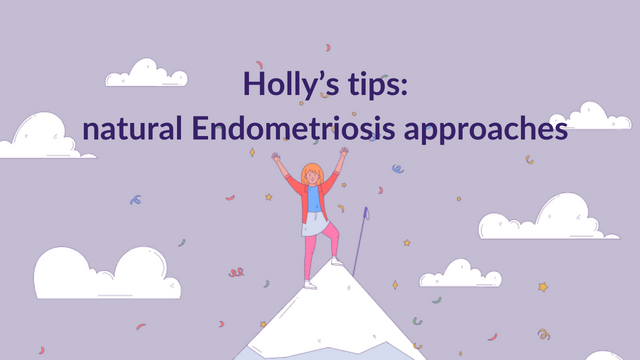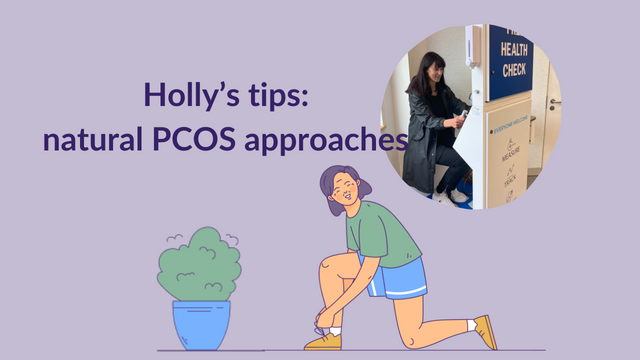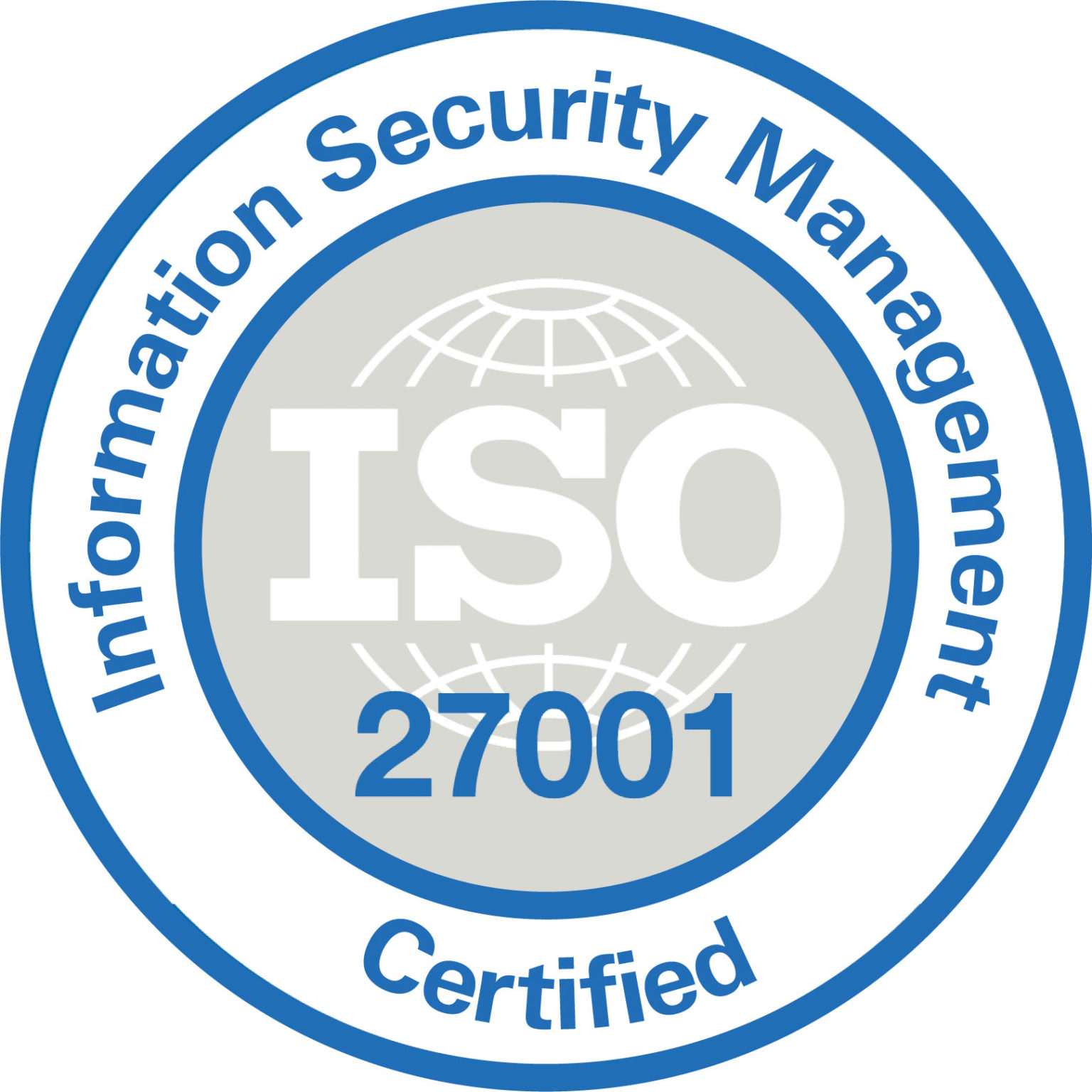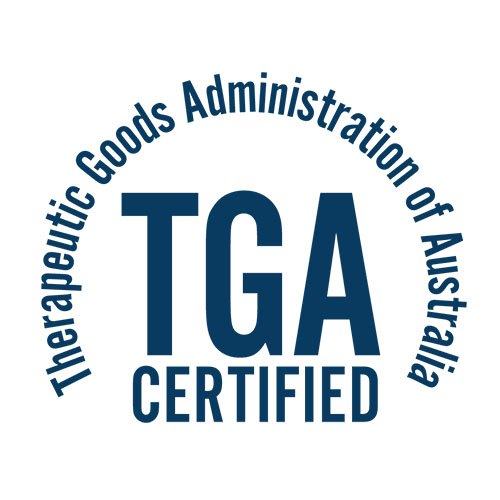Natural approaches to PMS
Holly Stone • 2024-02-11
As part of our series for International Women's Day 2024, we are empowering women with natural approaches to managing PMS.
As part of our lead-up to International Women's Day 2024 we're looking at the most common menstrual conditions. Some which are natural life stages, while others like endometriosis, are specific conditions. It's important to note that not all women will experience menstrual-related symptoms in the same way or to the same extent. However, they should all be supported with information to empower them to make positive lifestyle changes and navigate work and personal life more seamlessly. One condition that significantly affects many women is premenstrual syndrome (PMS). Most women experience symptoms in the 2 weeks before their menstrual period and the most common symptoms associated with PMS are mood swings, feeling upset, anxious or irritable, tiredness or trouble sleeping, bloating or tummy pain, breast tenderness, headaches, spotty skin, greasy hair and changes in appetite and sex drive. The physical and emotional toll these take on women underscores the importance of adopting natural approaches for symptom management. Were you aware that the reasons behind why women experience PMS are not entirely understood? It appears to be associated with fluctuations in hormone levels, an imbalance in hormone ratios, and challenges in regulating blood sugar. In this blog post, we'll explore various strategies, to support women not just on this International Women's Day but throughout their journey towards improved menstrual health.
Stress Management
Let's kick off by addressing stress—a significant disruptor of hormones and our eating habits. When you're stressed, your body prioritizes the production of the stress hormone cortisol over producing sex hormones such as oestrogen and progesterone, so effectively managing stress becomes one of the most important things we need to do to effectively maintain hormonal balance.
- PMS symptoms can be exacerbated by stress, so it's crucial to adopt effective stress management techniques that work for you. Engaging in activities such as regular exercise, walks in the fresh air, yoga, mindfulness, deep breathing and meditation, or why not try writing your thoughts in a journal, whether for stress reflections or gratitude. Often writing things down can help to prioritise to-do lists and manage unnecessary worries. All these strategies contribute to stress reduction.
- Additionally, prioritizing quality sleep is essential for overall well-being and can positively impact PMS symptom management. Create a conducive sleep environment by maintaining a cool room temperature, and ensuring complete darkness. If this can't be achieved, consider using an eye mask. Additionally, balance your circadian rhythm by creating a consistent sleep schedule where you are going to bed and getting up at the same time each day. Minimize screen exposure before bedtime, either by turning off electronic devices (TV's, mobile phones etc) 1- 2 hours before bedtime, or wearing blue light-blocking glasses. Furthermore, embrace natural daylight first thing in the morning and get outside. Also, it is important to try to resist the urge to immediately turn on your phone and check your emails. socials etc. upon waking.
- Internet-based cognitive behavioural therapy has proven beneficial in managing the symptoms related to PMS in a high-level study conducted in Germany. CBT has shown efficacy comparable to medical therapies (e.g. SSRIs) in managing PMS and has been shown to have longer-lasting benefits against PMS as compared to medication.
Symptom diaries
It is advisable and really beneficial to download a symptom diary, such as the one available on apps like Flo, and use it consistently for two to four menstrual cycles. Utilising symptom diaries is crucial for gaining a deeper understanding of our menstrual cycles, ensuring that the symptoms we experience align with the premenstrual phase each month. This detailed record can facilitate easier diagnosis by medical professionals.
Lifestyle Changes
- Alcohol can exacerbate symptoms due to various reasons; dehydration is one factor. Additionally, it hinders the absorption of crucial nutrients, such as iron, vital for managing PMS symptoms, especially during blood loss. Moreover, alcohol contributes to inflammation which is linked to increased severity of symptoms, while also disrupting sleep patterns and sleep quality, intensifying both physical and emotional symptoms.
- Steer clear of using plastics in cooking, including plastic water bottles and cling film, and be cautious of parabens in cosmetics, as they may harbour endocrine-disrupting compounds. Certain chemicals present in both cosmetics and plastics have the potential to mimic the effects of oestrogen in the body. I recommend downloading the app Yuka, it is a game changer for being more selective with the beauty products you purchase which can transform your approach to skincare.
Essential Nutrients for Menstrual Health
A deficiency in certain vitamins and minerals can contribute to heightened PMS symptoms, so it is important to incorporate foods rich in key menstrual health nutrients such as:
- Calcium: plays a crucial role in positively influencing PMS by supporting the production of serotonin, a neurotransmitter often referred to as the “happy hormone” and a mood-regulating neurotransmitter, serotonin significantly contributes to an overall sense of wellbeing. This mineral also plays an important role in hormone regulation. Food sources include dark green leafy vegetables, sardines, yoghurt, kefir, and sesame seeds to name a few.
- Vitamin D and K play a pivotal role in facilitating calcium absorption within the body. An interesting fact also about Vitamin D is that despite its classification as a vitamin, it is actually a hormone and actively contributes to hormone regulation. Food sources include eggs, salmon and mushrooms although it is essential to note that vitamin D is primarily obtained from sunlight. Therefore, supplementation is advisable during the winter months and even all year round as recommended by the NHS especially when so many of us work indoors. Taking supplementation all year round may also help to establish a beneficial habit. Vitamin K food sources include Green leafy vegetables such as spinach, cabbage, collard greens and broccoli.
- B vitamins particularly Vitamin B6 supports PMS symptoms by facilitating the conversion of tryptophan into serotonin and as previously mentioned serotonin is important in regulating mood. B vitamins also contribute to ATP production, our energy fuel, providing a much-needed boost for women during this time. Food sources include; oats, bananas, turkey breast, grass-fed beef, pistachios, tuna, quinoa and avocado. Furthermore, the combination of vitamin B6 and magnesium forms a powerful duo to help reduce anxiety, stress, moodiness and irritability.
- Magnesium, shown to be beneficial for regulating the symptoms associated with PMS. It has been proven that women who suffer from PMS have lower levels of magnesium within their red blood cells. It also has a modulatory effect on hormones in our central nervous system. It is best used in combination with vitamin B6 and has benefits also on Women's menstrual migraines. Foods high in magnesium include cucumber, oats, broccoli, cabbage, nuts, seeds, and brown rice amongst others.
- Iron deficiency is common with bleeding, increased dietary iron intake (red meat, dark chocolate, spinach, spirulina, eggs) and getting blood checks with a GP to determine if added supplementation is needed would be advisable if you experience heavy periods.
Apps like the "Cronometer" are invaluable here, as it allows you to log your daily food intake, calculating the amount of each nutrient. This provides a clear overview, helping you identify areas where you might need to make adjustments. For example, if you notice a lack of calcium, you can proactively incorporate foods rich in calcium like spinach or natural yoghurt to address the shortfall.
Dietary Changes
- Keeping your blood glucose (sugar) stable can reduce irritability and counter sudden tiredness as well as manage PMS symptoms. Keep chocolate and sugary foods for occasional treats and when you do fancy a sweet treat always combine with healthy fats, for example, dates with nut butter, or a brownie with a spoonful of full-fat Greek yoghurt so slow glucose absorption rates. And always eat sweeter foods at the end of a meal not before or on an empty stomach. Eat 'slow-burn' foods to avoid sudden spikes and dips in your blood sugar. Go for unrefined carbohydrates - whole grains, vegetables, nuts and seeds. Eat a savoury breakfast and always incorporate high-fibre foods alongside each meal to slow down glucose absorption for example including a side salad. Whole fruit rather than fruit juice can help keep blood sugar steady too.
- Include flaxseeds as they promote healthy oestrogen metabolism.
- Include healthy fats such as avocados, nuts, wild salmon, and olive oil as they serve as the building blocks for hormones.
- Increasing fibre intake is beneficial for our GI tract and other organs involved in the detoxification pathways, contributing to the removal of toxins not just from our external environment but also those naturally produced by our body such as sex hormones (including oestrogen). Excessive oestrogen has been associated with increased PMS symptoms. While the recommended daily intake of fibre is 30-40g most individuals fall short and typically consume just 10-18g. Foods rich in fibre include fruits and vegetables, nuts, legumes and whole grains.
- Brassica/cruciferous vegetables (kale, cauliflower, broccoli) in the diet also help the liver to detox excess oestrogen.
- The promotion of healthy bowel flora, essential for aiding the removal of excess hormones can be facilitated by incorporating cultured foods rich in probiotics such as kimchi and kefir. On top of this, a healthy microbiome promotes efficient digestion and therefore better absorption of nutrients.
Herbal Supplements
- Vitex Agnus Castus can be beneficial for PMS symptoms, supported by a Cochrane study showing over half of women experienced a 50% or greater improvement. Its hormonal modulatory effects, influenced by compounds resembling sex hormones, contribute to its effectiveness.
- Gingko Biloba, also known as the maidenhair tree, is rich in antioxidants and has been shown to improve congestive symptoms associated with PMS such as bloating, mastalgia (bloating breast tenderness), and oedema (fluid retention). It is posited that the flavonoids in Gingko Biloba inhibit the production of inflammatory prostaglandins, thereby producing an anti-inflammatory effect.
In summary
When embracing the journey towards holistic well-being, it becomes clear that the key to empowerment often lies in the everyday choices we make, particularly those related to our dietary habits. This International Women's Day, as we reflect on the intricate balance of women's health, let's emphasise the significance of supporting our bodies.
Throughout this blog, I hope I have revealed several practical strategies to help alleviate PMS symptoms, from stress management techniques and lifestyle adjustments to the incorporation of essential nutrient-dense foods. I hope you've gained an understanding of the significance of nutrients and how deficiencies in certain vitamins and minerals can contribute to heightened PMS symptoms.
As we celebrate International Women's Day, let this be a reminder that our health is not only determined by what we put into our bodies but also by what we excrete. By making conscious choices in our daily lives, starting with the foods we consume, we actively contribute to our well-being.
Here's to a future where women's well-being is at the forefront, and the choices we make contribute to lasting empowerment and improved menstrual health. Happy International Women's Day!
Finally, It's important to note that all these approaches will play a part in supporting and improving symptoms associated with this condition but they do not substitute for professional medical advice.
Resources
- https://www.scirp.org/journal/paperinformation?paperid=66098 – magnesium for women's health conditions
- https://www.ncbi.nlm.nih.gov/pmc/articles/PMC3208934/
- https://www.liebertpub.com/doi/10.1089/acm.2008.0493?url_ver=Z39.88-2003&rfr_id=ori%3Arid%3Acrossref.org&rfr_dat=cr_pub++0pubmed
- https://www.naturalmedicinejournal.com/journal/ginkgo-effective-relief-pms-symptoms
- https://iapmd.org/
- https://www.ncbi.nlm.nih.gov/pmc/articles/PMC6060935/
- https://www.pms.org.uk/
- https://www.rcog.org.uk/for-the-public/browse-our-patient-information/managing-premenstrual-syndrome-pms/
- https://www.mind.org.uk/information-support/types-of-mental-health-problems/premenstrual-dysphoric-disorder-pmdd/for-friends-and-family/
- https://www.naturopathy-uk.c
- https://www.nhsinform.scot/healthy-living/womens-health/girls-and-young-women-puberty-to-around-25/periods-and-menstrual-health/premenstrual-syndrome-pms/
- https://www.yourhormones.info/hormones/vitamin-d/
- https://www.nhs.uk/conditions/pre-menstrual-syndrome/
See More Posts
SiSU Health UK
Copyright © 2023 SiSU Health Group.
All rights reserved.
